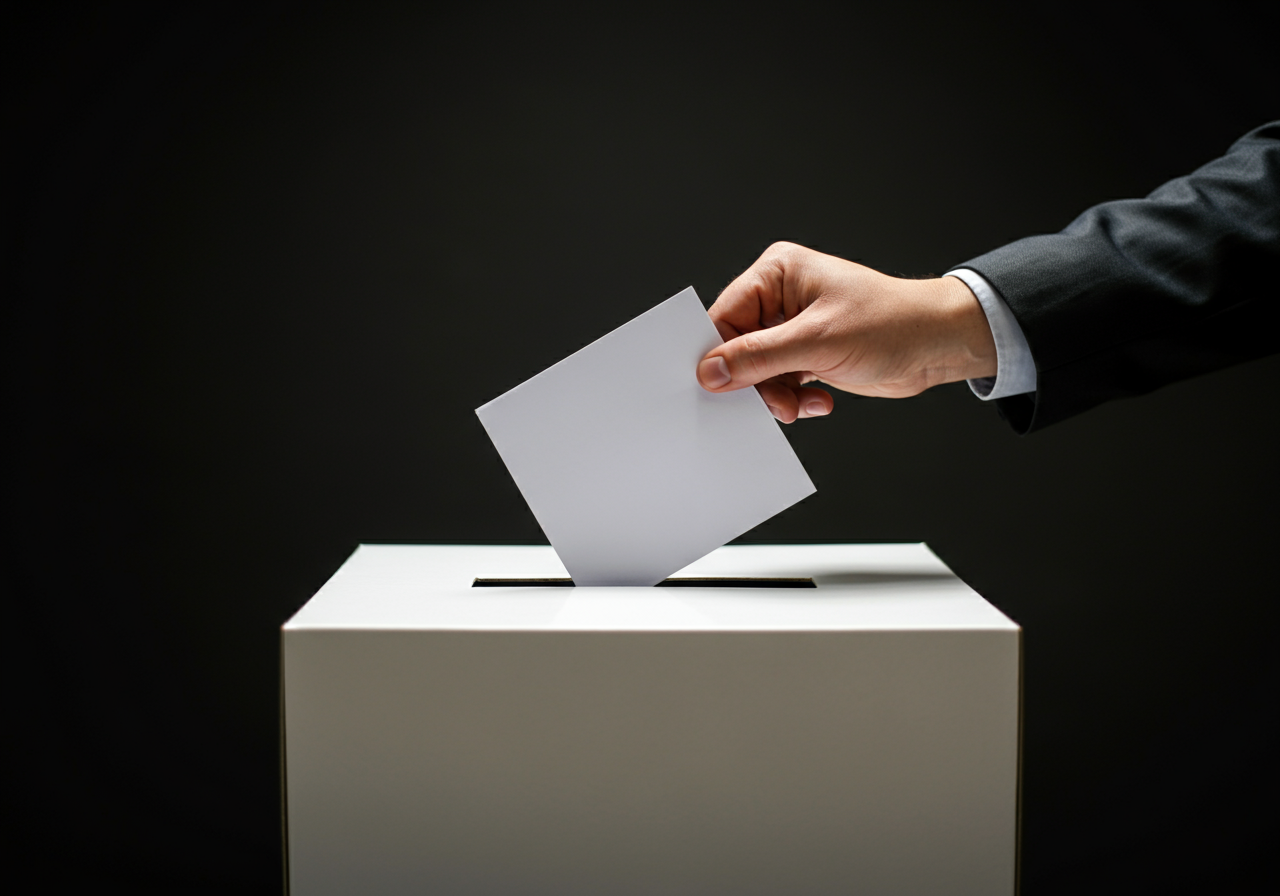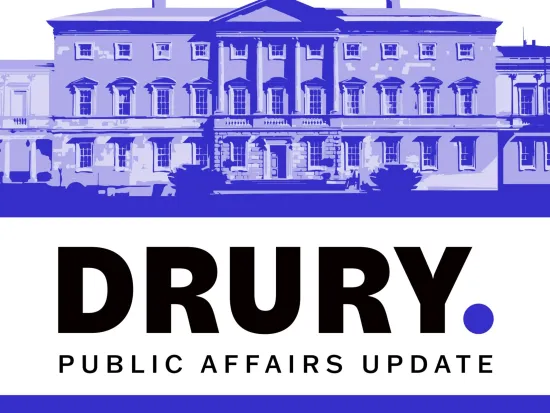
By the end of 2024, dubbed the “year of elections,” more than 80 countries will have taken to the polls to elect new governments. The resulting political shifts are poised to have far-reaching effects on the global stage, influencing not only the countries directly involved but also their neighbours and international partners.
Amidst this wave of change, it is worth considering some of the significant election results and their potential impacts from an Irish perspective. Of course, the election yet to come in the US may well have the deepest impact.
United Kingdom
From an Irish standpoint, the recent UK elections can be seen as one of the most positive outcomes so far this year. The outgoing Conservative government had a tumultuous relationship with Ireland, marked by numerous points of tension over Brexit, the controversial Rwanda scheme, and the Legacy Act.
In contrast, the new Labour government appears to bring a fresh outlook and an appetite to improve relations. Positive changes are already visible, such as the scrapping of the aforementioned Rwanda plan and the Legacy Act.
Discussions are also underway about a new veterinary standards deal with the EU, which could alleviate border checks. And with a commitment to monthly meetings between Ireland and the UK relations are assuredly on an upswing.
Keir Starmer, in particular, has shown a commitment to fostering better relations, having already met with An Taoiseach Simon Harris and is planning a visit to Dublin. Having already visited Northern Ireland and received a positive response from the Stormont executive a new chapter in the north’s relationship with the government in Westminster is also on the cards.
If the Starmer Government want to develop closer relationships with the EU, the stabilisation and normalisation of Anglo-Irish relations can only be a positive outcome. From being the cause of friction between the UK and the EU, Ireland can become a facilitator of a new and better relationship between the two.
European Union
The European elections presented an interesting scenario for Ireland. While there was some growth in right-wing elements in the parliament, it was not as significant as predicted. Ireland notably bucked this trend, with none of our elected MEPs joining any far-right parties.
An area of contention was the re-election of Ursula von der Leyen as President. Only four of Ireland's 14 MEPs supported her bid, with members of the Renew group defying their party whip to vote against her, possibly leading to strained relations.
McGrath’s appointment as Commissioner for Justice Democracy, and Rule of Law can be a seen as a lukewarm win. While not the heavy weight economic brief that was sought by the government, it is not a brief without merit and will place McGrath in a high-profile position being responsible for interacting with those challenging the democratic state of the union such as Victor Orban in Hungary.
The issue of the ongoing conflict in Palestine is also a hot button issue, given the vastly different attitudes expressed by von der Leyen and the Irish contingent. Although her position has softened there is still a gap between opinions on this topic, this being the main reason many Irish MEPs chose not to support her. With the situation in Lebanon deteriorating this will be another test for both Europe’s and Ireland’s commitment to their respective viewpoints.
United States
The US elections have the potential to significantly impact Ireland's economic and political landscapes. While a Trump presidency is not guaranteed, with the Democratic Party revitalising their campaign under Vice President Kamala Harris, four more years under Trump could have serious repercussions for Ireland.
Trump's protectionist stance, and even more so that of his Vice-Presidential choice JD Vance, poses a concern. While Trump has long advocated for an "America First" ideology, Vance has articulated strong protectionist trade policies and aims to bring American businesses and capital back to the US. Protectionist policies and tariffs which have been criticised by members of his own party.
Ireland as a small open economy is a strong opponent of this thinking, with international trade and investment a key aspect of our economic structure. In 2023 Ireland’s exports to the United States were worth $58.83 billion and imports were worth $24.8 billion according to the United Nations COMTRADE database on international trade. This reinforces the need to maintain what is a valuable and important trading relationship between both states.
Additionally, there is a social dimension to the election outcome. Last year, Vance criticised Ireland's proposed hate speech laws in a letter to the Irish Ambassador, describing them as "authoritarian legislation" that would undermine freedom of speech. Vance reposted the letter, which was subsequently shared by a known far-right agitator in Ireland. Both Ireland's political and economic landscapes could be profoundly impacted by the results of the US election.
A Harris win seems a better outcome from the Irish perspective, but it will be important that Irish business and political bodies prepare for what a new Trump administration could mean for them.
There is no doubt that this so called “Year of elections” has and will bring significant changes to global politics and have notable implications for Ireland. The UK elections have set the stage for a more positive and cooperative Anglo-Irish relationship, while the European elections present both opportunities and challenges for Ireland's role within the EU. The upcoming US elections carry the potential for substantial impacts on Ireland's economic and political landscapes, depending on the outcome. As these developments unfold, Ireland must navigate these changes carefully to safeguard its interests and leverage new opportunities for growth and cooperation. All before we go to the polls ourselves…




